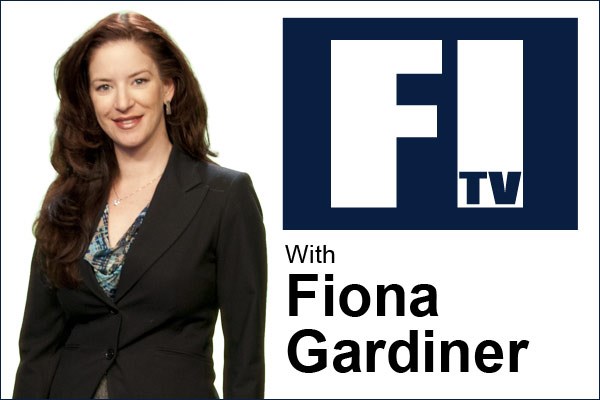When I was growing up, the Olympics were always big news. They seemed to literally take over television (given our limited channel options back then) every four years in both winter and summer.
For those who don’t remember, until 1992 the Summer and Winter Games were held in the same year, with a proper four year period between called the “Olympiad.” The decision to alternate the games every two years occurred due to the rising costs and logistical complications.
This change meant Olympic excitement never totally disappeared. Everyone knew about the games despite the lack of internet and social media. People got up early or stayed up late and even brought rabbit-eared TV’s to work to watch events half-way around the world.
The Olympics were part of every country’s national pride. And a big part of our viewing schedule. Then COVID-19 hit.
This past year has been a “Will they or won’t they?” nightmare for elite athletes whose entire focus is on this ultimate goal. Amid a global shutdown, the Summer Games were postponed last year and many doubted they would come to pass in 2021 either. Then Tokyo gave the “all clear” this spring, but a recent spike in COVID cases there has once again changed all that.
Amid a state of emergency in Japan, athletes who compete in money-making events elsewhere started finding reasons not to compete in Tokyo – be it injuries, timing, or mental health. Spectators were also no longer welcome in the stands.
For those who are still planning to compete, every day brings another announcement of an athlete who has tested positive. Never before has an alternate on the team had a better chance of taking their shot at the podium. But would you want to win the gold this way?
In 1984, the Soviet Union and East Germany led a boycott of the Olympics in Los Angeles. (To be fair, the U.S. did the same to Moscow’s 1980 Games.) This resulted in the U.S. winning a record-number of medals. Sure, the American athletes were duly honoured by their countrymen. They got fame. They got Hollywood. Some even got the Wheaties box.
However, every gold medal seemed to come with a caveat: the results would likely have been different had those 14 Eastern Bloc countries shown up to compete. So were those athletes really the best?
And now, it’s potentially happening again in 2021 because of a positive nasal swab.
There’s a definite pall over this year’s games. No families. No cheering from the stands. No celebrating with other countries. And 80% of Japanese residents oppose hosting it. (Not to mention the 50% of Canadians who question its safety.)
But athletes have worked and sacrificed enough to earn the world’s support now that it’s here. In case you’ve lost track, the 2020 Summer Olympics start (ironically) Friday, July 23, 2021 at 7 a.m. ET on CBC.
This won’t be a “normal” Olympics. But after COVID has taken so much, let’s cheer on our athletes that have made it this far.

